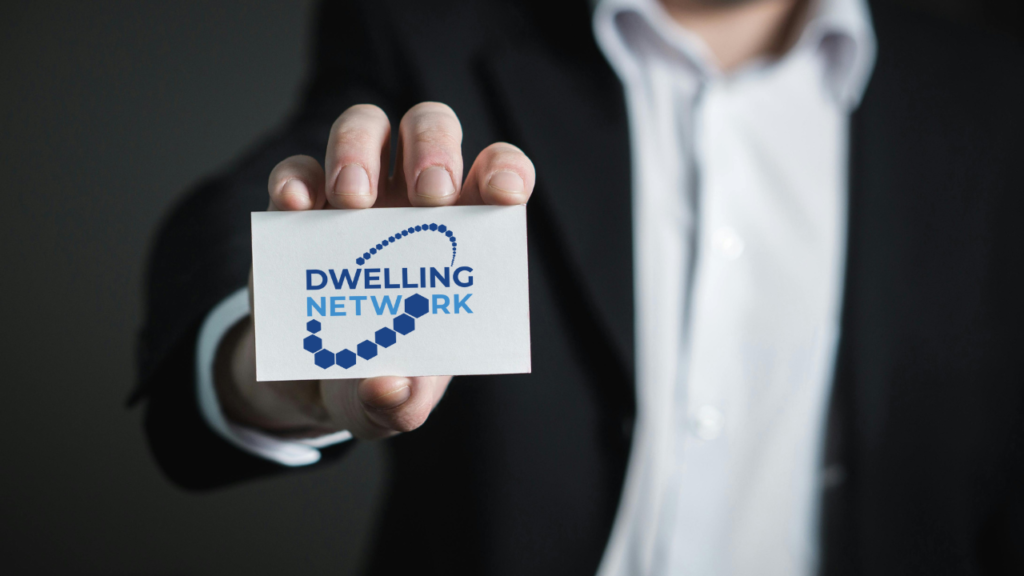You need a licensed property manager in Ohio for legal and practical reasons. It’s not just a legal obligation, but also a smart way to safeguard yourself and your investment. Here’s why:

1. Compliance with State Law
The Ohio Real Estate Commission treats property management as a real estate activity that needs a broker’s license. This means that key tasks of property management such as leasing, renting, and listing are activities that require a license.
For example, if your handyman shows the property, which happens often, they can’t answer questions, negotiate or take money or they break the law. Only your W2 employee -not a 1099 contractor or better, a professional under a broker with an active Ohio license can legally represent you and your rental. And handymen watch out! The Ohio Real Estate Commission can fine you $1,000 per violation, per day for unlicensed activities. That means showing a property 5 times and negotiating a lease for an owner (6 violations) can cost you $6,000!
By hiring a licensed property manager, you make sure your property follows state rules, which can prevent legal problems later.

2. Professional Expertise
Property managers in Ohio who have a license have received thorough training and education. All licensed real estate professionals complete four pre-licensure courses at a qualified institution, earn their certificate and succeed on a state exam. Also, they must undergo a background check. Brokers have more advanced educational and experience requirements that keep them updated on laws and practices and ensure they are actively working in the real estate market. This comprehensive preparation gives them the professional expertise necessary to manage your property efficiently and act on your behalf.
Here’s an example of what could go wrong when working without training and knowledge: You ask a friend to “look after” your property since you are an out-of-town owner. The tenant stops paying rent, so to protect you and your investment, your friend decides to go by the property when the tenant is away, puts their furniture out on the curb and changes the locks. You think this is a great solution since your finally get your property back and can move on to finding a new tenant and getting rental income. That is, until you are charged with an illegal eviction, forced to pay fines and damages to the tenant in the thousands of dollars!! Knowing and following the law regarding communication and fair housing practices, including eviction, is the difference that professional expertise can bring.

3. Greater Financial Accountability
Ohio licensees have a higher standard than unlicensed individuals. Licensees have a fiduciary duty to their clients and are supposed to provide a service quality that reflects their training and ethical behavior. This means they are legally accountable for making sure your money is in the place they say it is and have a level of financial clarity. Money that your property manager collects for you is yours and must be kept in a trust account- shielded from your property manager’s creditors.
Why does this matter? Here’s an example: Fast & Easy Property Management signed a lease, collected $2,500 in security deposits and collects $2,500 in rent from your tenant on the 1st of each month. Everything is deposited in their personal bank account. They pay you your rent minus their fees on the 15th of the month. Everything is going well for a while, but this month Fast & Easy’s creditors take their assets for long overdue payments. Everything in their bank account is gone- including your rent and your tenant’s security deposit! Not only do you lose your rent that month, but you are also still responsible for giving back the tenant’s security deposit when they move out.

4. Resource Networks
Licensed property managers often have access to a network of resources that can be very helpful in managing your property. This includes relationships with local real estate associations, access to industry information, and the ability to network with other professionals, including municipalities. These resources can help in maintaining your property’s competitiveness in the market.
For example, established relationships with reliable eviction attorneys, and even administrators at housing offices in each city help when it comes to smoothly processing things. For more sensitive issues of fines or addressing violations, relationships can make the difference in getting correct and prompt advice and guidance. Having a network of vetted contractors means that only screened professionals enter your property for repair, maintenance and inspection work.

5. Financial Benefits
A licensed property manager can also enhance the financial performance of your investment. While many people can manage their personal finances, it is not easy to do proper accounting, record-keeping, and reporting for your property expenses, income, and distributions on a monthly and yearly basis in your ‘free time’. Additionally, planning for major improvements to prevent extensive damage and costly repairs requires carefulness and foresight. Licensed property managers have the skills and training to handle financial transactions, budgeting, and financial reporting, which are essential for keeping your property profitable.
Conclusion
The role of a property manager is crucial in ensuring the success of your rental property. In Ohio, licensing is a testament to a property manager’s commitment to professionalism and quality service. As a property owner, ensuring that your manager is licensed is a step towards protecting your investment and ensuring peace of mind.
For more detailed information on property management requirements in Ohio, please refer to the official document provided by the Ohio Department of Commerce.


